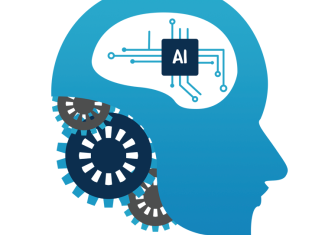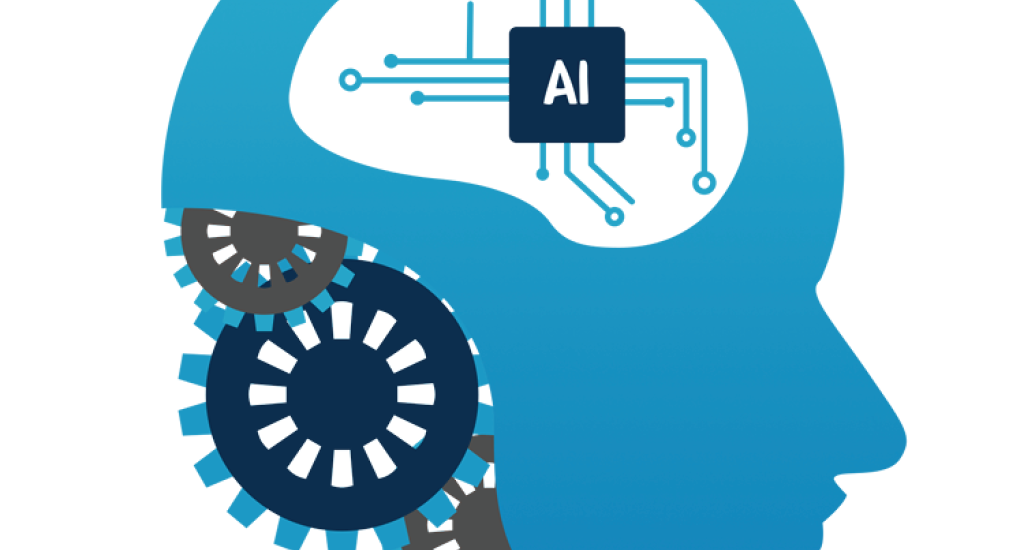Government embraces digital technology
to empower youth and improve service delivery

The South African government's embrace of digital technology is crucial for creating a society that is informed, inclusive, efficient, and competitive.
As we celebrate Youth Month, government remains committed to the empowerment of young people and ensuring that they are not left behind in the country’s journey towards a digital and inclusive future. The 2025 Youth Month is commemorated under the theme; “Skills for the changing world, empowering youth for meaningful economic participation”.
Digital technology is one of the skills needed for a changing world and is vital in ensuring that young people actively participate in the economy. To support this, government has introduced a range of digital initiatives aimed at equipping youth with the tools and capabilities needed to succeed in the digital age.
Aligned with this vision, the National Digital and Future Skills Strategy of South Africa (2021–2025) acknowledges that young people must be equipped not only with advanced digital skills but also with essential 21st Century competencies, such as scientific, financial and cultural literacy; critical thinking; problem-solving; agility and ethical leadership.
The strategy’s implementation guide places particular emphasis on equipping youth with digital skills that lead to meaningful employment. It recognises that young people between the ages 18 and 35 will be the driving force behind empowering the South African economy and society with the digital expertise needed for a prosperous future.
Another key initiative is the National Pathway Management Network, often described as a ‘network of networks’. The platform connects and integrates existing networks that support unemployed youth, creating a unified system that bring together both learning and earning opportunities. The network is facilitated through the SAYouth platform, which can be accessed for free online or via phone, providing a seamless connection to youth empowerment opportunities across the country.
Digital technology has the potential to enhance the delivery of government services, making them more accessible, efficient, and convenient for citizens and is becoming central to operations and service delivery world-wide. Innovations like the Internet of Things, once seen as futuristic, are now part of our everyday life. Governments are embracing this shift, recognising the importance of connected systems in improving service delivery and breaking down silos.
This, however, does not come without challenges, especially for young democracies like ours and many other developing countries. Our challenges are rooted in a legacy of inequality, stemming from the apartheid era, which oppressed black South Africans and denied them basic human rights, resulting in a huge gap between the rich and the poor. As we move towards a digital world, we should keep in mind that we have a duty to bridge this gap to ensure that new innovations are inclusive and accessible to the previously disadvantaged.
While government has already introduced digital systems in various aspects of service delivery, we acknowledge several challenges that require a coordinated solution. These include limited implementation capacity, fragmented technology systems, outdated legacy infrastructure and the duplication of efforts across initiatives.
To address this, government, as part of the Phase II of Operation Vulindlela (OV), has introduced a new priority, Harnessing Digital Public Infrastructure as a driver of Growth and Inclusion. This initiative is designed to establish a coordinated and focused approach to leveraging technology to deliver services, stimulate economic growth and promote a more inclusive society.
To drive this initiative, Cabinet recently approved the Roadmap for the Digital Transformation of Government, which aims to make government services more accessible, reliable and user-friendly. It builds on the success of existing digital platforms such as the SARS e-Filing, e-Home Affairs, e-Visas and other similar initiatives, enhancing their impact and extending digital access across all levels of public service.
Key components of the roadmap include the introduction of a digital identity system and a digital document wallet. These tools will allow individuals to securely authenticate their identity, digitally store, access and share verified documents such as birth and educational certificates.
The roadmap presents a strategic plan to accelerate digital transformation, emphasising the development of robust digital public infrastructure, which enhances data interoperability, thereby promoting transparency and accountability in government.
The roadmap will also address the challenge of fragmentation across government departments – a barrier that has limited our ability to design and deliver targeted, efficient services. The integrated databases will streamline processes and improve the precision of our social programme targeting. To support this, a real-time data exchange platform will be established, allowing government departments to seamlessly share information and collaborate effectively.
This is expected to accelerate the processing of key services such as grant applications and business permits.
A new standard for efficiency and reliability in public and private financial interaction is underway with the development of a modernised payment system, which will enable real-time, secure and accurate transactions. The system, which is being developed by National Treasury and the South African Reserve Bank, will transform how individuals, organisations and government send and receive money.
Government is also developing a single, world-class digital platform that will transform how South Africans access information and services. The unified portal, accessible through .gov.za, will consolidate fragmented government websites and standardise user interfaces, providing a consistent, streamlined experience for all users. The platform will ensure easy access to accurate, up-to-date information and a wide range of e-services, making interactions between citizens and government simpler and faster.
Through the Roadmap for the Digital Transformation of Government, we can strengthen these and many other digital initiatives, ensuring that no one is left behind.
As public servants, it is our responsibility to implement this roadmap effectively. Let us collaborate and work together to make it a success. We should take pride in initiatives designed to improve the lives of South Africans while positioning our public sector among the best in the world. We are capable and can make this happen.
By embracing digital technology, the South African Government can create a more inclusive, efficient, and competitive information society that benefits all citizens.




